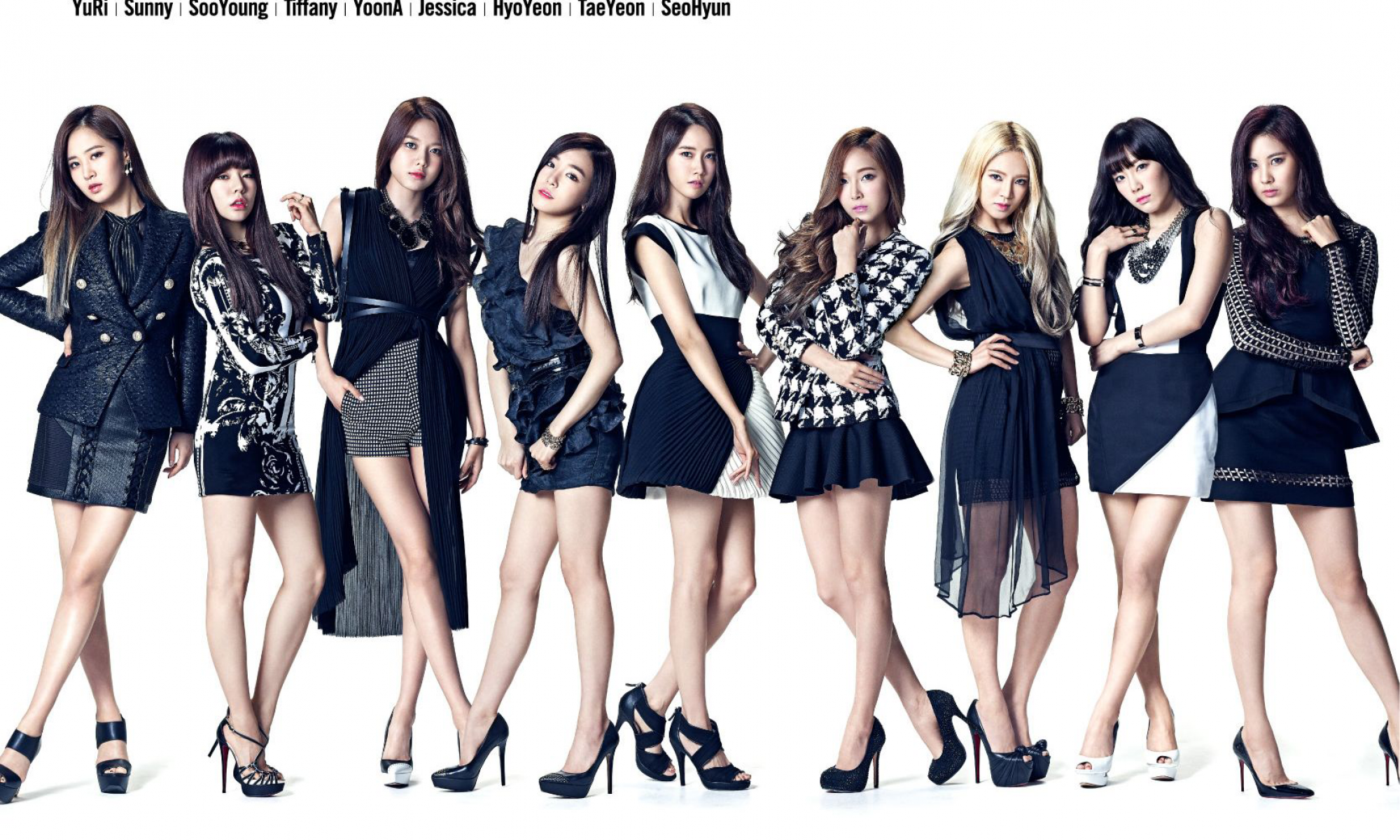‘Liveness’, as one of the most symbolic characteristic of K-pop, has derived a lot of successful broadcasting programs like SBS’ Music Bank and MBC’s Music Core. Accompanied by the rising of multiple new media platforms, K-pop fans no longer stick to traditional music chart shows and voting operations. Varieties of novel programs and interactions are launched by entertainment program producers to enlarge the influence of K-pop domestically and globally. Also, fans are also expected to be more supportive to contribute towards idols’ successful careers.
The aspect of ‘liveness’ portrayed by the live performances is what excites the fans. However, although announced to be ‘live’, many K-pop programs achieves neither ‘live broadcasting’ nor ‘live voting’ (Kim 2018,70). In the production process, the performance or interactions between idols and fans are supposed to be happened spontaneously. However, the truth is that all the scenes are coordinated and rehearsed well before recording. In order to make sure songs and songs are linked closely and avoid any possible accidents, only performances from famous groups with sufficient stage experience are live while the others are pre-recorded. Fans who are able to show off great love and enthusiasm are invited and instructed before interacting with idols to realize maximization of program effect. To achieve spectacular visual performance for non-live audiences, K-pop artists usually rehearse repeatedly before final recoding and sometimes lip-sync singing is used when they need to dance at the same time. Similarly, in the voting session, it is also not surprised to see pre-existing scores weigh heavier than live voting scores. The former usually depends on music sales, click volume and viewers’ committee voting score. For example, in Music Core, voting from live audiences only counts for 15 percent of total (Kim 2018,71). In this circumstance, fans are expected to support financially by purchasing album, instantly clicking on mv on video websites like YouTube as well as posting more topics or tags on social media to call upon popularity and supports for their idols.
As Korean government started taking a keen interest at the rate at which live performances were registering a rise in the global dimensions. They stood to gain from the possible increase in sales of the music from their k-pop stars. This gives global fans who are far from live shows great chances to get in touch with their idols and acquire the feeling of liveness. The ASC from Arirang Tv is a good example how K-pop broadcasting attract global fans with multi-language content, proper broadcast time and varieties of interactions via international social media (Kim 2018,76) .
As one of the most attractive aspect in K-pop performance, liveness has been significantly enhanced by new broadcasting forms and advanced media technologies. However, these also requires fans to keep pace with the developments and support their idols in both traditional and emerging ways.
Bibliography:
- Kim, Suk-Young. K-pop Live: Fans, Idols, and Multimedia Performance. Stanford, California: Stanford University Press, 2018.


Hi Jiahe,
The format for the citation of the interview is not correct, but I’m not sure what would be as you haven’t supplied enough information. For example, if it’s online such as a newspaper, blog, or something like that then it should have a URL. if I could see a URL I could guess more about the type of source and what else you need. But the in-text citation is def. wrong.
And a . must come after the in-text citation, not before it.
I’d change liveliness to liveness, as it’s the topic of the essay. To tell the truth, I think the essay needs some rewriting. I suggest you ask for feedback from a friend (in class or not) and you try reading it outloud. Are your points actually connected to the intro and your argument? Are they clear?
Hi Jiahe, I think your use of music shows as an example to explore how K-pop’s attempt for “liveness” requires fans to be more involved and dedicated was a great choice, and you actually adequately delve into that by saying how fans are expected to be passionate, and to spend more money on their idols. ASC would also be a great example, but you don’t really relevantly link it back to the question and your argument (probably due to word limit). Overall, good job!
There are definitely a lot of details like that to take into consideration. That could be a great point to deliver up. I offer the ideas above as general inspiration but clearly there are questions like the one you bring up the place the most important thing shall be working in sincere good faith. I don?t know if best practices have emerged round issues like that, but I’m positive that your job is clearly identified as a fair game. Each boys and girls really feel the impression of only a moment’s pleasure, for the remainder of their lives.